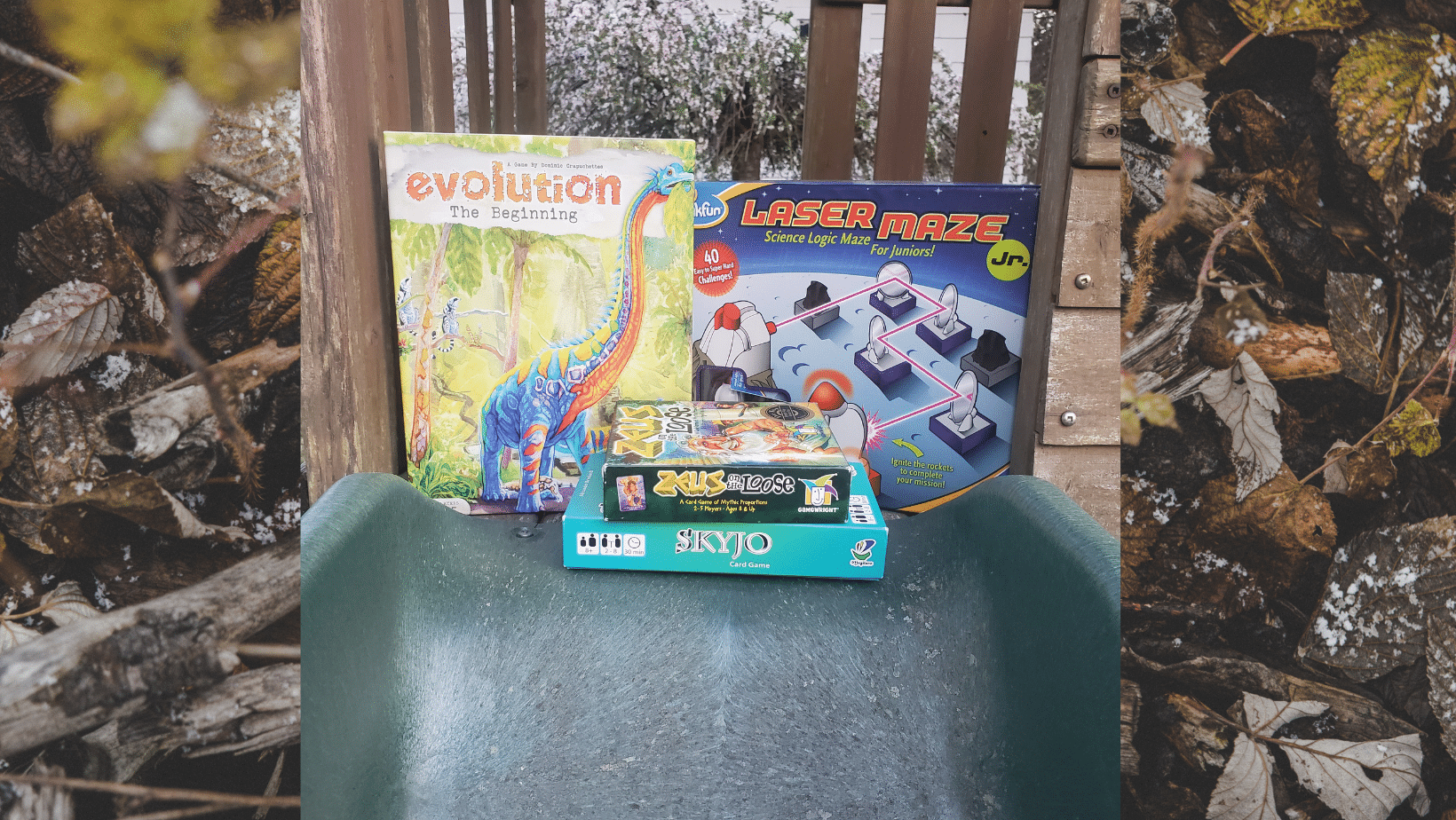As a parent I groan a little when the summer reading, summer math, packets, etc. come home. We all know kids work so hard for academic gains during the school year. The break for the summer is a great mental reprieve for kids, and for families, but those school year gains are hard to hold onto. No one wants to see those hard acquired skills fade over the summer months.
So as an elementary teacher of over 20 years, here is the inside information from the teacher side of summer assignments. Much as we main groan when they come home in the folder, those summer assignments and online resources are an attempt to mitigate the “summer slide”. Summer slide is the loss of skills acquired during the previous school year. It is the almost inevitable regression that all teachers face in the beginning of a new school year. Some skills that students showed they had mastered in the previous school year are forgotten and require reteaching. The summer work is the teacher’s last resource to supporting the skills over the summer to minimize this loss.

Besides supporting your child with the material sent home by their teacher and school, board games can help with some incidental learning and skill reinforcement. The nice thing with using board games for skill reinforcement is that it does not feel like work to the kids. Choosing games that support, or extend the skills they have been working on are a great asset for families!
There are a few key things to help guide the selections of board games to bring to the table.
1. Keep is easy
If the game or skill is too hard your child will get frustrated. This is a case of less can be more. As a parent or caregiver the goal is reinforcing skills, not new learning. I know we all want to push our kids to do even better. If you want to reinforce a skill, repeated practice is needed, and if a skill is very challenging it is a lot more work for the child. Most kids are not going to be engaged in a game and want to play it multiple times if it is very challenging.
While too hard is frustrating for kids there is a certain amount of struggle that is beneficial, and this is called Productive Struggle. This productive struggle is the delicate balance of challenge but no so much challenge as to create frustration. On example may be for a beginning reader who just finished kindergarten. They can read simple words, especially ones that are easy to sound out. If there is a game with some reading, it might be frustrating to have to read all the words on a card, but just asking for reading the ones within their skill level will prevent frustration, and put them in the band of productive struggle.
2. High interest
Fun fact, kids have been known to read a book a level or two harder than what they normally can read, if it is a high interest subject. If the game is high interest there is more motivation to persevere through any reading challenges. Additionally if the topic is something that they have a lot of knowledge it makes the material much more approachable and accessible.
This high interest pushing the level happened with my younger son. In second grade he was a struggling and reluctant reader. We played What do you Meme Family Edition, he was so excited to read the silly cards, he took his time and read each card in his hand carefully. This careful reading leads into the the next tip…
3. Wait time
If a child is playing a game with a skill they are not fully proficient in, all players need to allow for wait time (thinking time). Wait time allows the child time for processing the task and mentally work it out. I have to be honest, this can be the hardest thing to do, just biting you tongue while they have their productive struggle.

Wait time is the most valuable time for developing their skills and supporting their previous learning. When my son was reading the What Do You Meme: Family Edition cards, it was tempting to jump in an help him read the words, but that time to go through the decoding process and independent succeed was critical. It did mean the game took a little longer, and it was worth every extra minute.
4. Celebrate their success in the task
We all like to be recognized for accomplishments, and kids flourish with praise. One thing I have found very powerful with my students and my children is to let them know that you understand that they had to work hard and persevere through. Cheering them on and complimenting their hard work is a powerful tool to support them. Rather that saying something like, “You’re so smart” name what they did.
Powerful Phrases to Praise Hard Work
- Wow, you really worked hard and looked at all the letters part by part.
- What strategy did you use to find the answer? (Great for math)
- You didn’t give up!
- Your really put in a lot of effort
For more ideas on ways to celebrate success, check out 25 Words of Encouragement for Kids to Promote a Growth Mindset
Have fun!
These are intended to be incidental learning experiences that are light and fun. Kids will be much more receptive and eager to play if they find it fun.
Check out some of our articles with specific game recommendations.
What do you think? Sound off in the comments and let us know your thoughts!
Make sure to keep your eyes on Engaged Family Gaming for all of the latest news and reviews you need to Get Your Family Game On!
Follow us on Facebook!
Like us on Twitter!
Follow us on Instagram!
Subscribe to our Newsletter!
Subscribe to our Podcast!
